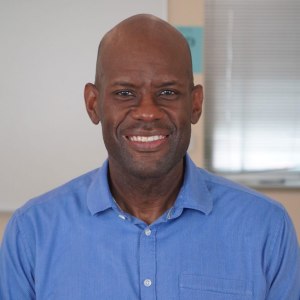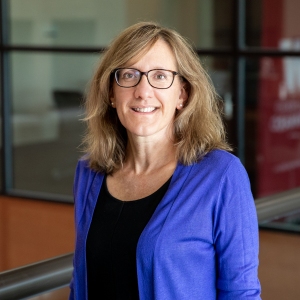In 1897, the Indiana General Assembly came very close to declaring the value of pi to be 3.2. A Hoosier country doctor and amateur mathematician pitched the legislation, and the House passed it unanimously. Fortunately, a Purdue University math professor was at the Statehouse on unrelated business. He persuaded the Senate to kill the bill.
I like to tell this story when someone claims charter schools are public schools because state laws say they are. Laws don’t trump reality. If the “Indiana pi bill” had passed, it wouldn’t have changed pi.
Similarly, state laws that say charter schools are public may not be the last word on the subject. As education law scholars Preston Green III and Suzanne Eckes contend in a new article, courts could look at charter schools and reach a different conclusion.
“Although charter schools are commonly characterized as public schools, they are really hybrid institutions that possess both public-school and private-school characteristics,” write Green, a professor at the University of Connecticut, and Eckes, of the University of Wisconsin-Madison.
On the one hand, charter schools are publicly funded and subject to some of the laws that govern traditional public schools. One the other, they are exempt from some regulations, and, in many cases, are operated by private organizations and governed by unelected boards.
Indiana law says charter schools are “nonsectarian and nonreligious” “public schools” that must be open to all students and “may not establish admission policies or limit student admissions in any manner in which a public school is not permitted to establish admission policies or limit student admissions.”
But the key question, Green and Eckes argue, is not what state law says, but whether charter schools function as “state actors” in the same way as traditional public schools.
If they do, they are subject to the same constitutional constraints as government entities. But if they aren’t state actors, Green and Eckes say, courts could rule that charter schools, like private schools, have a First Amendment right to teach religion and to serve only students and families that meet their standards.
Their article, “All Aboard!: Making Charter School Boards All-Purpose State Actors Under the Supreme Court’s Amtrak Case,” hinges on an influential Supreme Court decision that set requirements for an entity to be considered a state actor. Those include that it must further a government objective and that a government entity must appoint a majority of its directors. Charter schools further a government objective, K-12 education, but often don’t meet the other requirement.
Conflicting court rulings have brought the issue to a head. One federal appeals court ruled a North Carolina charter school was a state actor and couldn’t enforce a dress code that required girls to wear dresses because they are “fragile vessels.” But another federal appeals court previously ruled an Arizona charter was not a state actor and thus did not have to comply with employee rights protections.
In another opening for religious charter schools, Oklahoma’s Virtual Charter School Board voted recently to approve a Catholic online charter school. The board relied on recent Supreme Court decisions that encouraged state funding for religious institutions, including schools and day-care centers. Also, some legal scholars – including Notre Dame law professor Nicole Garnett, a friend and former colleague of Justice Amy Coney Barnett — continue to make the case for religious charter schools.
Green and Eckes suggest states should rewrite their laws to make it clear that charter schools are state actors. That could mean giving local school districts or state agencies more influence, such as the ability to appoint a majority of charter school board members.
That seems unlikely in Indiana, where many charter schools cherish their independence. At the same time, it’s hard to imagine religious charter schools getting much traction in the state, now that the legislature has approved a universal voucher program. What’s the point of a religious charter school when religious private schools get generous government support?
But when two federal appeals courts disagree, it’s often up to the Supreme Court to decide which one is right. A decision at the highest level that charter schools are not state actors would have ramifications for education in nearly every state. Policymakers may want to take heed.



I’m surprised there’s no rule about a school being a state actor if the state gives it big bags of money.